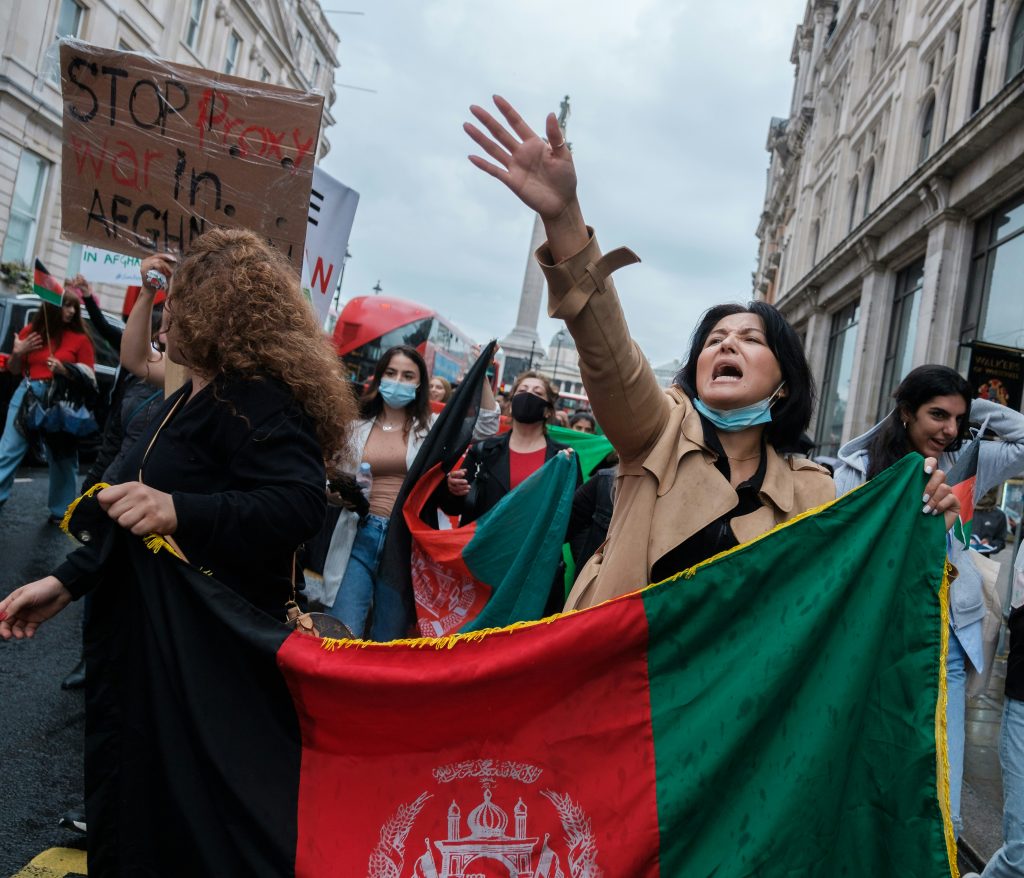
Sabina Grigore
Just Access Representative to the UN Office on Drugs and Crime
Will the Afghan victims’ suffering be acknowledged in the ICC’s courtrooms?
The people of Afghanistan have endured decades of conflict and atrocities with little accountability. In light of the reluctance of both Afghanistan and the United States to conduct thorough investigations, many victims have turned to the International Criminal Court (ICC) as a final recourse for justice. Throughout time, they have persistently turned to the ICC and recognized its role in establishing the truth about the conflict and ensuring proper victim representation.
In light of the reluctance of both Afghanistan and the United States to conduct thorough investigations, many victims have turned to the International Criminal Court (ICC) as a final recourse for justice.
However, the ICC has faced challenges in its investigations and proceedings related to the situation in Afghanistan. Instances of political interference appear to have influenced certain decisions of the ICC, and despite the ICCŌĆÖs commitment to balancing retributive and restorative justice, certain victim groups, including cross-border victims and women, remain inadequately represented. Criticism has been directed at the ICCŌĆÖs Pre-Trial Chamber for its 2019 decision rejecting the commencement of investigations, which was viewed as an ultra vires action, exceeding its authority under the Rome Statute. They assert the ICC is capable of conducting effective investigations despite transitional challenges in Afghanistan. However, delays, lost evidence, and inaccessible witnesses have weakened victimsŌĆÖ confidence in the ICCŌĆÖs ability to deliver justice.
This article sheds light on victimsŌĆÖ perspectives, highlighting how the ICC can better serve those most affected. It is a reminder that true justice requires addressing the needs of all parties, especially the courageous people of Afghanistan still awaiting their day in court after so many years of unimaginable suffering. Only then can there be hope of building a more peaceful future.





